The savage assassination of Charlie Kirk at a Turning Point rally at Utah Valley University yesterday prompts me to wonder, as I have often wondered, what is the leading characteristic of the left? There are several candidates. Intolerance is one. A rancid and anchorless do-goodism – think of Dickens’s Mrs. Jelleby and her “telescopic philanthropy” – is another.
But on balance I think that the late Australian philosopher David Stove was right: the leading characteristic of the left it is bloodthirstiness. Behind all the emollient rhetoric about brotherhood and equality, bloodthirstiness is the left’s most reliable calling card.
That is one reason that the nearly instant emission by prominent Democrats of their opposition to violence rings so hollow. “Political violence has no place in America,” said Kamala Harris, Alex Padilla, Nancy Pelosi, Cory Booker, Stacey Abrams, Jasmine Crockett and others.
But this came after years of calling every Republican from George Bush and Mitt Romney to Donald Trump “literally Hitler.” When Trump was first elected, in 2016, Kathy Griffin and her ghoulish ISIS-by-proxy photo shoot depicted her holding a blood-soaked likeness of Donald Trump’s severed head. Around the same time, a New York of Shakespeare’s Julius Caesar, included a Donald Trump lookalike in the title role and lots and lots of stage blood spilled when we come to the Ides of March.
Then of course there was Butler, Pennsylvania, last July when Trump came within millimeters of having his head, not just the tip of his right ear, blown off. Weeks later, a second assassin was discovered at the last minute hiding with a gun in the foliage at one of Trump’s golf courses.
No sooner had Charlie’s murder been announced than social media erupted with leftists celebrating the event and proposing lists of other people who deserved to be assassinated.
What was Charlie’s tort? Why did the left hate him so? Charlie humiliated them. He did this not by design but by holding up a mirror to their depravity and hypocrisy. Charlie was castigated by the left as a far-right agitator. In fact, he was a classical liberal whose daily activity owed a lot to John Stuart Mill. Charlie talked. He argued for his point of view. He wanted to hear your point of view and discuss it. At Utah Valley College, Charlie was conducting an open-air discussion under the rubric “Prove Me Wrong.” Some 3,000 students gathered to witness Charlie’s back-and-forth with the audience. Charlie came with arguments to advance his opinions.
In this context, it is worth noting that the bloodthirstiness of the left is not new. It is a central part of the socialist impulse. What is socialism? In part, it is optimism translated into a political program. Until he took up gardening, Candide was a sort of proto-socialist; his mentor Pangloss could have been one of socialism’s founding philosophers.
Socialism is also unselfishness embraced as an axiom: the gratifying emotion of unselfishness, experienced alternately as resentment against others and titillating satisfaction with oneself.
The philosophy of Rousseau, which elevated what he called the “indescribably sweet” feeling of virtue into a political imperative, is socialism in ovo. “Man is born free,” Rousseau famously exclaimed, “but is everywhere in chains.”
That heart-stopping conundrum – too thrilling to be corrected by mere experience – is the fundamental motor of socialism. It is a motor fueled by this corollary: that the multitude unaccountably colludes in perpetuating its own bondage and must therefore be, in Rousseau’s ominous phrase, “forced to be free.”
This is where the “mundane” side of the totalitarian temptation comes in. The starry-eyed aspect of socialist thinking does not preclude a large element of steel. The French Revolution was the nursery of both sides of socialism. It was then that the philosophy of Rousseau emerged from the pages of tracts and manifestos to strut and fret across the bloody stage of history. The architects of the revolution invoked Rousseau early and often as they set about the task of “changing human nature,” of “altering the constitution of man for the purpose of strengthening it.”
This metamorphosis does not come easily. Human nature is a recalcitrant thing. It is embodied as much in persistent human institutions like the family and the church as in the human heart. All must be remade from the ground up if “Liberty, Equality and Fraternity” are at last to be realized.
Since history (the revolutionaries thought) is little more than an accumulation of errors, history as hitherto known must be abolished. The past, a vast repository of injustice, is by definition the enemy. Accordingly, the revolutionaries in France tossed out the Gregorian calendar and started again at Year One. They replaced the Genesis-inspired seven-day week with a ten-day cycle and rebaptized the months with names reflecting their new cult of nature: Brumaire (fog), Thermidor (heat), Vendémiare (wind), etc. A new religion was born, as imperious as it was jealous.
It is significant that the socialist mentality is usually also an atheistic mentality, where atheism is understood not so much as the disbelief in God as the hatred of God – an attitude as precarious logically as it has been destructive in practice. There is an important sense in which religion as traditionally understood reconciles humanity to imperfection and to failure. Since the socialist sets out to abolish failure, traditional religion is worse than de trop: it is an impediment to perfection. (“Criticism of religion,” Marx said, “is the prelude to all criticism.”)
In 1793, the churches were closed to worship and ransacked for booty. The anti-clericalism that had been a prominent feature of revolutionary sentiment grew increasingly vicious. Hence the fashion for so-called “revolutionary marriages” in which priests and nuns were tied together naked and drowned.
Rousseau was always going on about establishing the “reign of virtue.” His far-seeing disciple Maximilien Robespierre spoke more frankly of “virtue and its emanation, terror.” It is one of the great ironies of modern history that socialism, which promises a more humane, caring, and equitable society, has always delivered a bloodier and more oppressive one.
Last April, Charlie tweeted that “Assassination culture is spreading on the left.” Alas, he was right. Requiescat in pace.



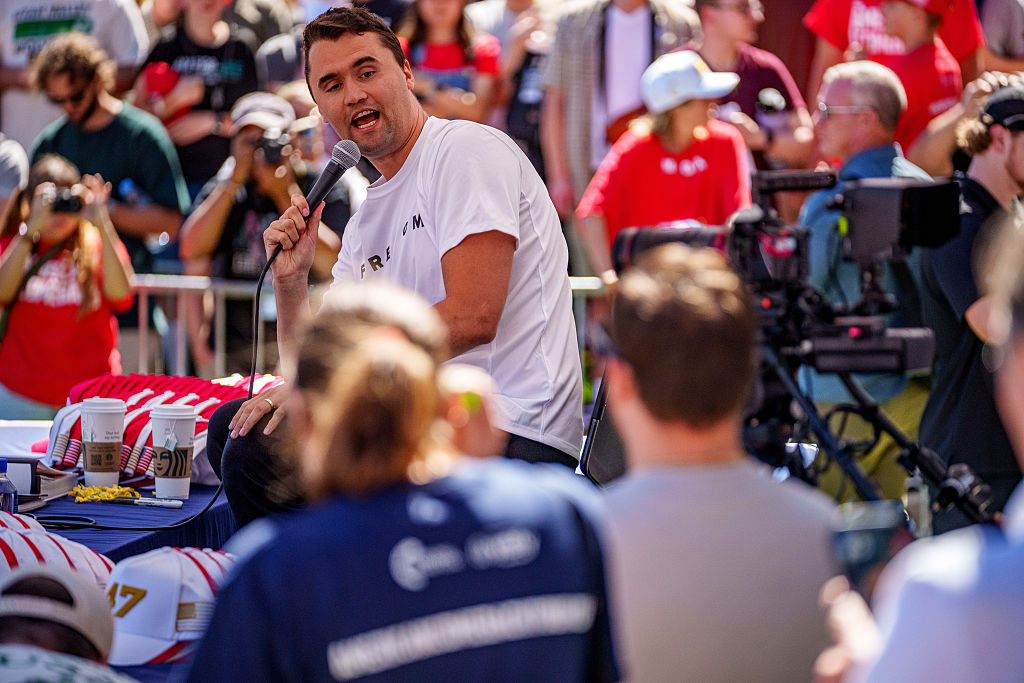









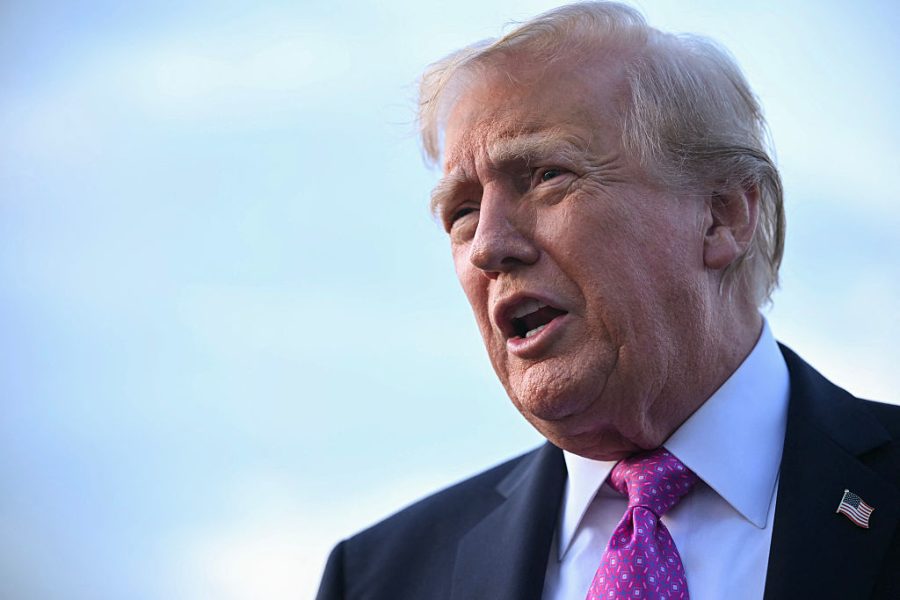
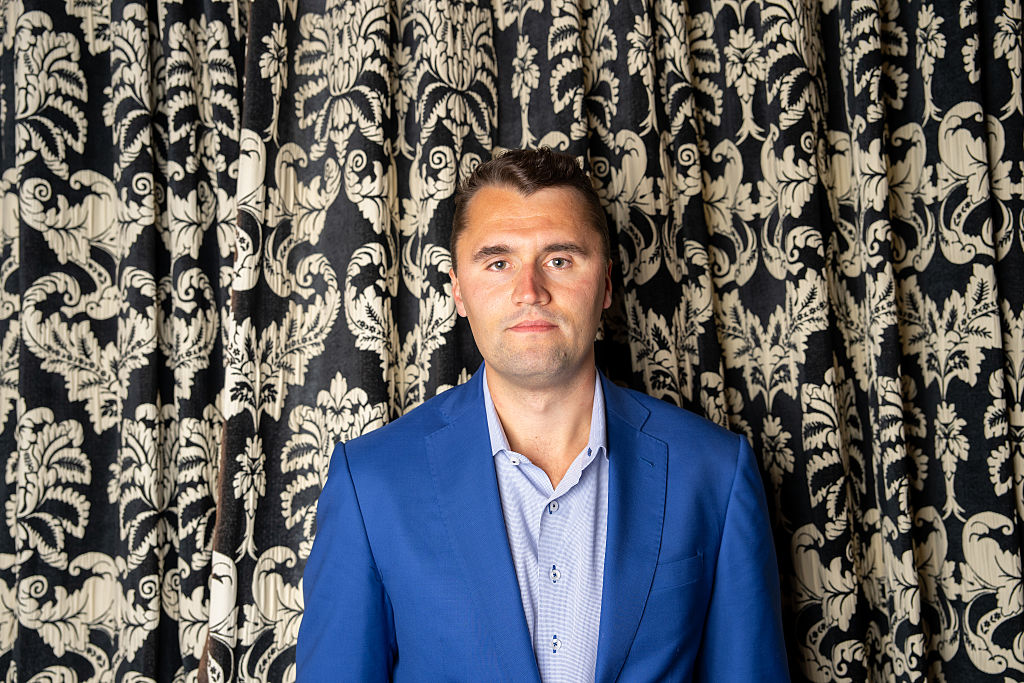

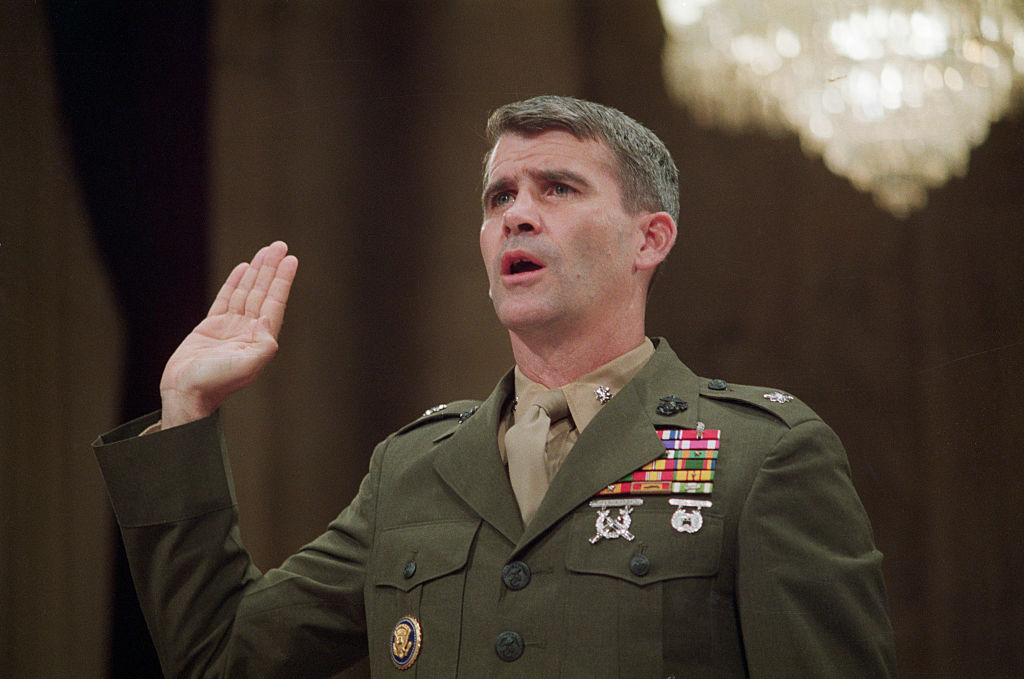
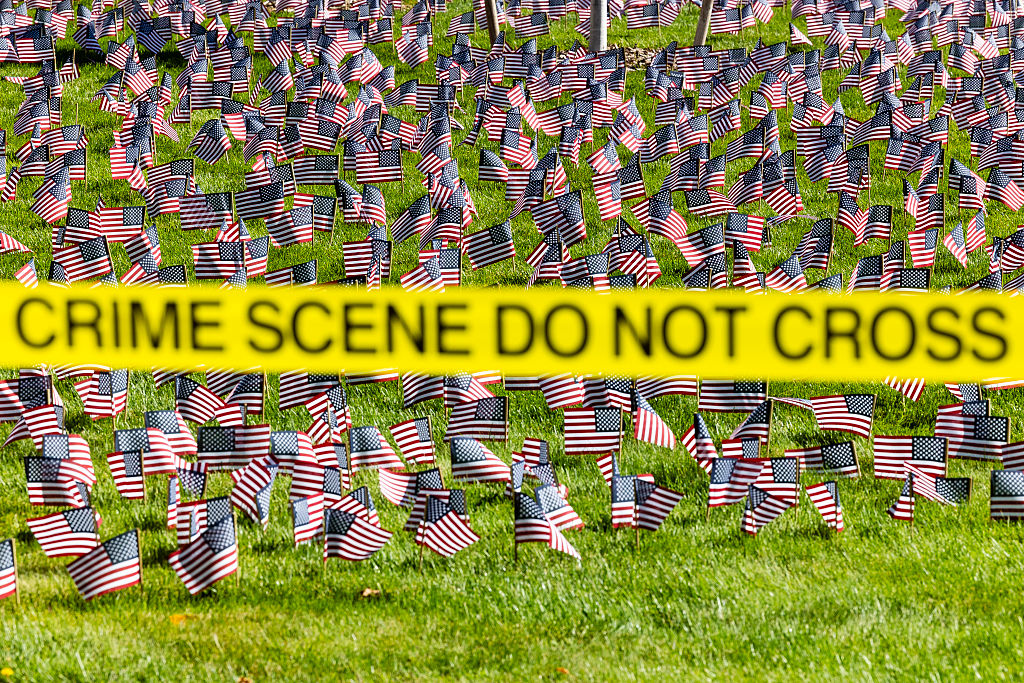
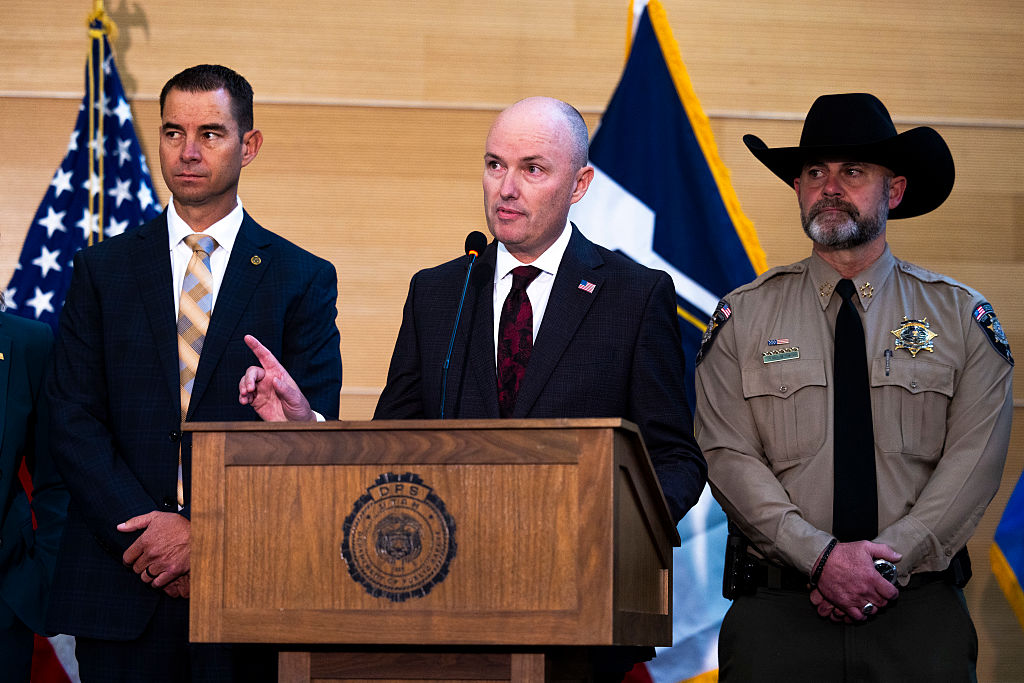







Leave a Reply